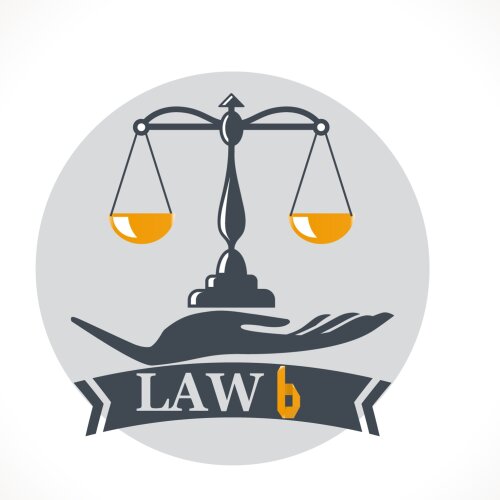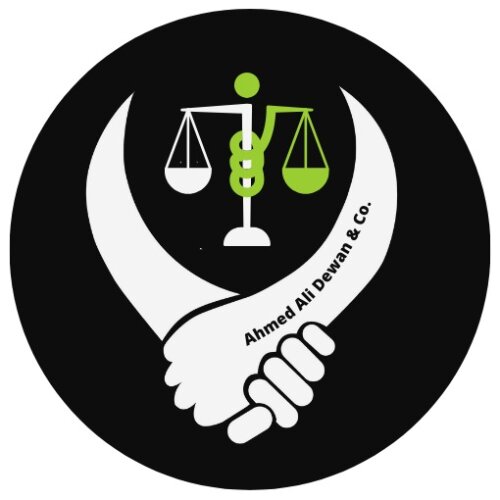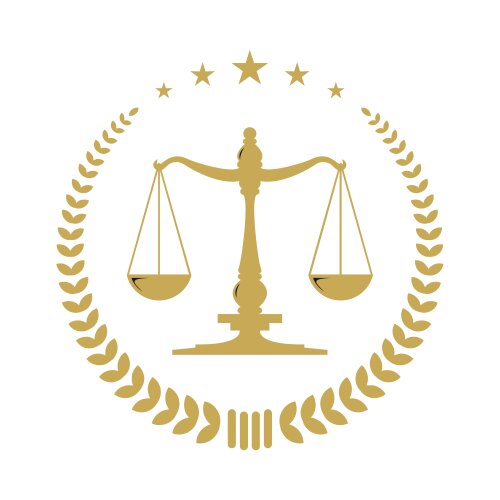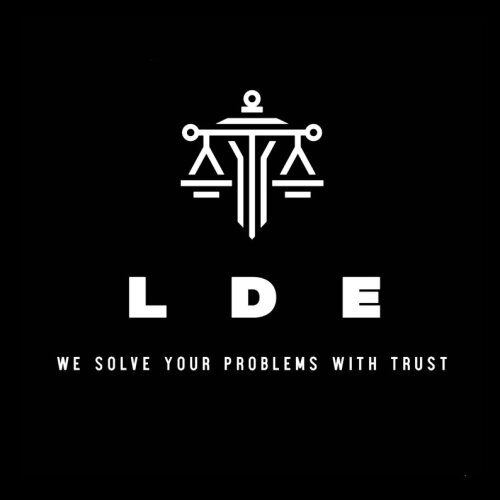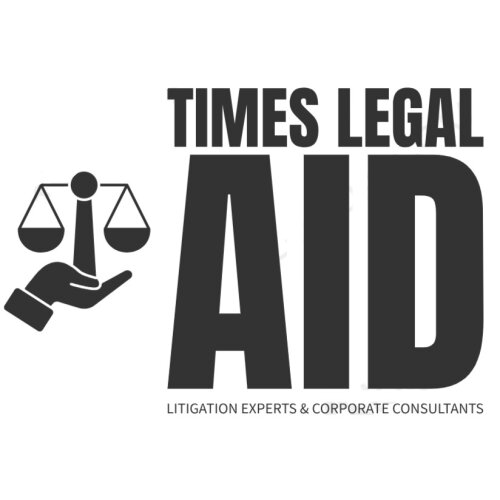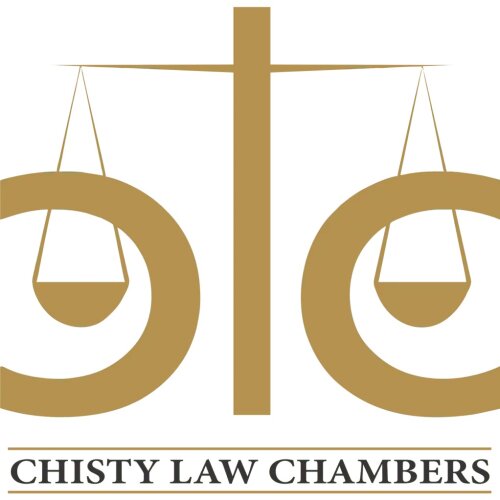Best FDA Law Lawyers in Islamabad
Share your needs with us, get contacted by law firms.
Free. Takes 2 min.
List of the best lawyers in Islamabad, Pakistan
About FDA Law in Islamabad, Pakistan
FDA Law in Islamabad, Pakistan refers to regulations and legal frameworks governing the safety, efficacy, labeling, import, export, registration, and marketing of food, drugs, cosmetics, and medical devices. The relevant laws are primarily enforced by the Drug Regulatory Authority of Pakistan (DRAP), which operates under the Ministry of National Health Services, Regulations, and Coordination. FDA Law seeks to protect public health by ensuring that only safe and quality products reach the market. This sector is heavily regulated, with strict guidelines and penalties for non-compliance, making legal expertise critical for manufacturers, distributors, healthcare professionals, and consumers.
Why You May Need a Lawyer
Navigating FDA Law in Islamabad can be complicated due to evolving regulations and the complexities of compliance. Here are some common situations where you may require legal help:
- You wish to register a new drug, medical device, or cosmetic in Pakistan
- Your business is facing regulatory action for alleged non-compliance, such as product recalls or licensing issues
- You have been accused of misbranding, false advertising, or selling unregistered products
- You seek to challenge or appeal decisions made by regulatory authorities such as DRAP
- You are involved in disputes related to import or export restrictions or labeling requirements
- You are a consumer harmed by a food, drug, or cosmetic product and seek compensation or redress
- Your foreign business is seeking to enter the Pakistani pharmaceutical or food market
Local Laws Overview
Key aspects of FDA Law in Islamabad include:
- The Drug Regulatory Authority of Pakistan Act, 2012, which created DRAP as the main authority overseeing regulation of medical and pharmaceutical products
- The Drugs Act, 1976, stipulates rules for manufacturing, import, export, and sale of drugs and related products
- The Pakistan Standards and Quality Control Authority (PSQCA) regulates standards related to food items
- Various SROs (Statutory Regulatory Orders) and guidelines issued by DRAP for product registration, packaging, labeling, pricing, and licensing
- Regulations on clinical trials, pharmacovigilance, and advertising of pharmaceutical products
- Strict penalties for the sale, manufacturing, or marketing of substandard, spurious, or unregistered products
- Procedures for recalls, bans, and enforcement by provincial health authorities
- Adherence to international conventions and standards in certain cases
Frequently Asked Questions
What is the primary law governing drugs and medical products in Islamabad?
The Drugs Act, 1976, regulated by the Drug Regulatory Authority of Pakistan (DRAP), is the primary law governing drugs and medical products in Islamabad.
Who needs to register with DRAP?
All manufacturers, importers, distributors, and sellers of drugs, medical devices, and related products must be registered with DRAP before commencing operations.
What products are regulated under FDA Law in Pakistan?
FDA Law covers medicines, vaccines, medical devices, dietary supplements, cosmetics, and certain food products for safety and quality.
Are there specific regulations for importing medicines into Pakistan?
Yes, importing medicines requires import licenses, registration of products, compliance with labeling requirements, and approval from DRAP.
Can a foreign company market drugs directly in Islamabad?
No, foreign companies must partner with a local agent or entity registered with DRAP and fulfill all registration and licensing requirements.
How can I file a complaint about an unsafe drug or product?
Complaints can be filed directly with DRAP or the local health authority, either in person, in writing, or through online portals provided by the regulators.
What are the penalties for violating FDA Law?
Penalties include heavy fines, imprisonment, cancellation of licenses, product recalls, bans, and seizure of offending products.
Is legal representation required for regulatory hearings?
While not mandatory, legal representation greatly improves your ability to respond effectively to regulatory notices or hearings.
How long does drug registration typically take?
Drug registration can take several months, as the process involves scrutiny of documentation, testing, and regulatory review.
How often do FDA Law regulations change in Islamabad?
Regulations are updated regularly to meet international standards and respond to emerging public health concerns. It is important to stay informed and consult legal experts when in doubt.
Additional Resources
If you need more information or support regarding FDA Law in Islamabad, consider reaching out to the following:
- Drug Regulatory Authority of Pakistan (DRAP)
- Pakistan Standards and Quality Control Authority (PSQCA)
- Ministry of National Health Services, Regulations, and Coordination
- Provincial Health Departments
- Consumer Protection Councils in Islamabad Capital Territory
- PMA (Pakistan Medical Association) or PPA (Pakistan Pharmaceutical Association) for industry guidance
- Licensed law firms specializing in health and regulatory law
Next Steps
If you believe you need legal assistance related to FDA Law in Islamabad:
- Document your issue and gather all relevant paperwork, such as notices, certificates, or correspondence
- Consult a qualified lawyer experienced in FDA Law and health regulations in Pakistan
- Schedule a meeting for a thorough case assessment and advice on regulatory compliance or defense
- If necessary, engage your lawyer to represent you before regulatory authorities, in negotiations, or in court proceedings
- Stay informed about ongoing regulatory developments and maintain open communication with your legal counsel
Lawzana helps you find the best lawyers and law firms in Islamabad through a curated and pre-screened list of qualified legal professionals. Our platform offers rankings and detailed profiles of attorneys and law firms, allowing you to compare based on practice areas, including FDA Law, experience, and client feedback.
Each profile includes a description of the firm's areas of practice, client reviews, team members and partners, year of establishment, spoken languages, office locations, contact information, social media presence, and any published articles or resources. Most firms on our platform speak English and are experienced in both local and international legal matters.
Get a quote from top-rated law firms in Islamabad, Pakistan — quickly, securely, and without unnecessary hassle.
Disclaimer:
The information provided on this page is for general informational purposes only and does not constitute legal advice. While we strive to ensure the accuracy and relevance of the content, legal information may change over time, and interpretations of the law can vary. You should always consult with a qualified legal professional for advice specific to your situation.
We disclaim all liability for actions taken or not taken based on the content of this page. If you believe any information is incorrect or outdated, please contact us, and we will review and update it where appropriate.




